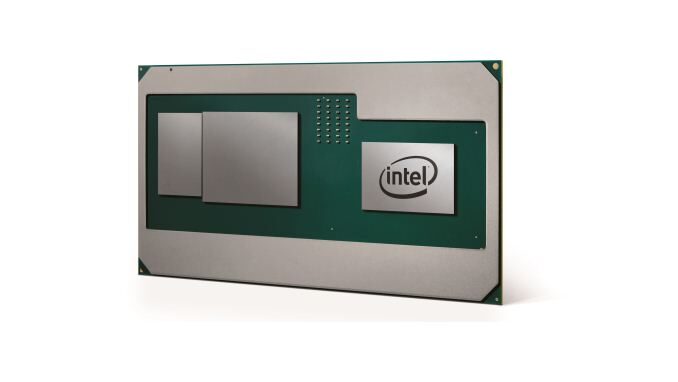
New Intel Corp. CEO Lip-Bu Tan has some harsh medicine to heal the company’s various ills.
Tan is tearing up the product playbook and advocating building artificial intelligence (AI) capabilities internally rather than through acquisitions. During the company’s first-quarter earnings call Thursday, Tan said Intel will develop a full-stack AI slate of chips, software and systems similar to the model used by NVIDIA Corp. But he quickly cautioned any turnaround won’t be fast or easy.
Intel’s ultimate goal is to fine-tune products for AI agents and robotics, as well as to create edge computing chips to handle AI outside traditional data centers.
“We’re going to look for partnership with the industry leader to build a purpose-built silicon and a software to optimize for that platform,” Tan said of Intel’s plans for AI hardware and the role of x86 chips. He did not, however, indicate who that leader may be, and conceded it would take time to deliver on that goal.
“We are taking a holistic approach to redefine our portfolio to optimize our products for new and emerging AI workloads. We are making necessary adjustments to our product roadmap so that we are positioned to make the best in class products while staying laser-focused on execution and ensuring on time delivery,” he said. “However, I want to emphasize that this is not a quick fix here. These changes will take time.”
Tan did disclose he has spoken with TSMC founder Morris Chang and company CEO Che Chia (C.C.) Wei, fueling reports of a potential partnership.
The chip giant is also pondering organizational changes that will change it to its core, including layoffs of up to 20% of its workforce, or about 20,000 people, according to Bloomberg.
“There is no way around the fact that these critical changes will reduce the size of our workforce,” Tan said in a note to investors on Thursday, emphasizing the need to streamline operations. “As I said when I joined, we need to make some very hard decisions to put our company on a solid footing for the future. This will begin in Q2 and we will move as quickly as possible over the next several months.”
“We need to get our balance sheet healthy and start the process of de-laborating this year,” he added.
Intel’s radical change in technology strategy in particular comes after a series of acquisitions — including Nervana, Movidius and Habana Labs — underperformed for the most part. During Thursday’s earnings call, Intel chief financial officer David Zinsner said the company has no plans to pursue major purchases in the near future, citing balance sheet concerns.
Intel’s overall actions are crucial as it fights to establish itself in a booming AI market led by NVIDIA, Alphabet Inc.’s Google, Microsoft Corp., OpenAI and others. Amazon.com Inc. and Google are designing their own AI chips as well, crowding the field.
“For Intel Q1, investors should be looking for signs of progress, not perfection,” Daniel Newman, CEO of The Futurum Group, said in a post on social media platform X.

